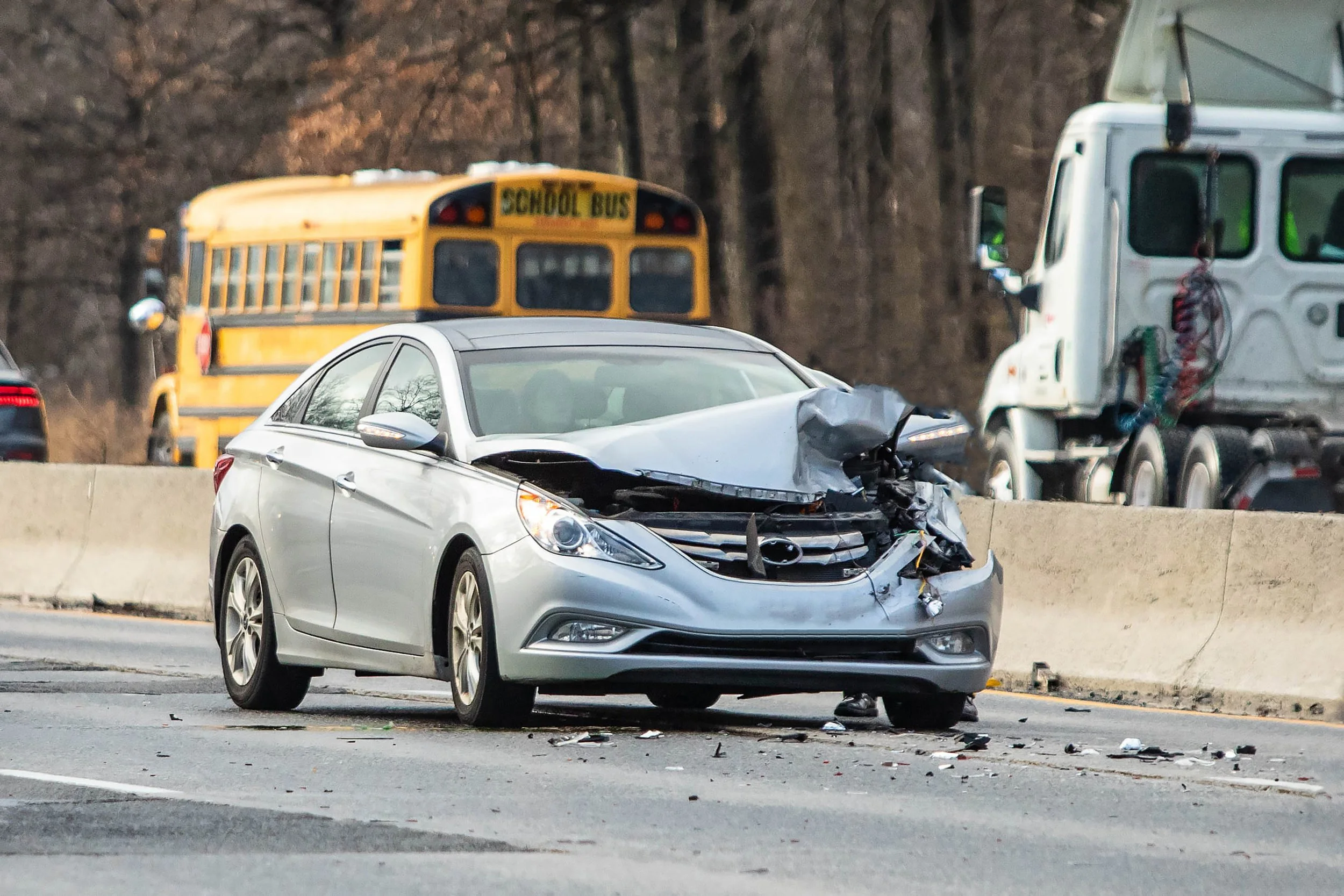Understanding the Difference Between Houston Truck and Car Accident Claims
In the fast-moving traffic of Houston’s highways, collisions are an unfortunate reality. But not all vehicle accidents are treated the same under Texas law—especially when it comes to car accidents versus truck accidents. If you or someone you love has been injured in either type of crash, understanding the key differences in how these claims are handled is critical for protecting your rights and pursuing the compensation you deserve.
This guide breaks down how truck and car accident claims differ in terms of liability, evidence, insurance coverage, injuries, and the legal process—with the goal of empowering you to make informed decisions during a very difficult time.
Why It Matters: Truck and Car Accidents Aren’t the Same
At first glance, a collision involving a passenger car and a collision involving a commercial truck might look similar. But the legal complexities involved in each are vastly different. The stakes are often much higher in truck accident cases due to the size and weight of the vehicle, the severity of injuries, and the commercial liability involved.
"People often assume an accident is just an accident. But truck accidents can involve layers of responsibility that require deeper investigation and experience."
Size, Force, and Consequences: Why Truck Accidents Are More Severe
An average 18-wheeler can weigh up to 80,000 pounds when fully loaded, while a standard passenger vehicle weighs around 3,000–4,000 pounds. That weight disparity creates a far greater impact force in a crash, often resulting in:
Catastrophic injuries like traumatic brain injuries, paralysis, and burns
Higher likelihood of multi-vehicle pileups
Greater risk of wrongful death
In fact, 72% of people killed in large-truck crashes in 2021 were occupants of other vehicles, according to NHTSA data.
These realities play a significant role in how claims are evaluated and pursued.
Multiple Parties May Be Liable in Truck Accidents
In a car accident, liability often falls on one of the drivers involved. But in a truck accident, multiple parties could share responsibility, including:
The truck driver
The trucking company
A maintenance provider
The company that loaded the cargo
The manufacturer of a faulty truck part
Each of these entities may have their own insurance policies and legal teams. This adds complexity and increases the need for a strategic legal approach.
Federal and State Regulations Apply to Trucks
Another major difference lies in the governing laws. Car accident claims are typically governed by Texas state traffic laws. Trucking companies, however, must follow federal regulations under the Federal Motor Carrier Safety Administration (FMCSA), which govern:
Hours of service (how long a driver can be on the road)
Vehicle inspections and maintenance
Driver qualifications
Drug and alcohol testing
Violations of these regulations can serve as crucial evidence in a truck accident claim. For example, if a fatigued truck driver exceeded the maximum allowed driving hours, this could be a key factor in determining negligence.
Trucking Companies Act Fast—You Should Too
When a commercial truck is involved in a crash, the trucking company often dispatches accident response teams within hours to start building a defense. These teams may include lawyers, investigators, and insurance adjusters—all working to minimize the company’s liability.
This is why it’s vital that you act quickly to protect your rights and preserve evidence, such as:
Driver logs
Dashcam footage
GPS data
Maintenance records
Black box data (Electronic Control Module)
“The trucking companies are prepared. That’s why you need someone in your corner who knows what to look for and how to fight back.”
Insurance Coverage: Higher Limits, Higher Stakes
Truck drivers and commercial carriers are required to carry significantly higher insurance coverage than typical passenger vehicle drivers. For instance, federal law requires:
$750,000 to $5,000,000 in liability insurance for commercial trucks, depending on what they’re carrying
In contrast, the minimum insurance requirement in Texas for passenger cars is just:
$30,000 for injuries per person
$60,000 per accident
$25,000 for property damage
This difference in policy limits often means larger settlements or verdicts are possible in truck accident cases—but they’re also harder fought by insurance carriers who don’t want to pay.
Types of Evidence Required
While both types of cases rely on things like police reports, medical records, and eyewitness accounts, truck accident claims often require additional specialized evidence such as:
Driver qualification files
Load manifests
Onboard electronic logs
Inspection and maintenance reports
Company safety records
This level of detail demands deep legal and technical knowledge—and often, the resources to work with experts in accident reconstruction, trucking safety, and mechanical engineering.
Injuries Are Often More Severe in Truck Crashes
Due to the massive size of commercial trucks, injuries in truck accidents are typically more serious and may include:
Spinal cord injuries
Traumatic brain injuries (TBIs)
Severe burns
Amputations
Permanent disfigurement
Wrongful death
These cases can lead to life-altering consequences and typically result in larger claims for:
Medical expenses (past and future)
Long-term rehabilitation
Lost earning capacity
Pain and suffering
Emotional distress
Adaptive home or vehicle needs
Car accident injuries can also be serious, but statistically they’re less likely to involve catastrophic, life-long impairments.
Legal Strategies Vary
Due to the complexities outlined above, truck accident claims require a different legal strategy than car accident cases. Some key differences include:
1. More Aggressive Defense Teams
Trucking companies have experienced legal counsel and often a network of investigators and insurance adjusters.
2. Expert Witnesses
Truck crash cases frequently call for testimony from:
Accident reconstructionists
Trucking safety experts
Medical professionals
3. Thorough Pre-Litigation Work
Due to the depth of evidence required and the involvement of multiple parties, extensive investigation is often necessary before even filing a claim.
What You Should Do After a Truck or Car Accident
Regardless of the type of vehicle involved, if you've been in an accident in Houston, you should:
Seek medical attention immediately, even if injuries seem minor.
Document everything—photos, witness info, and scene conditions.
Do not give a recorded statement to the other driver’s insurance company.
Speak to a lawyer experienced in complex injury cases.
Avoid social media posts that could be used against you.
Choosing the Right Legal Advocate in Houston
If you've been involved in either a truck or car accident, choosing the right attorney can make a dramatic difference in the outcome of your case. With truck accidents, you need someone who understands federal regulations, commercial liability, and how to go up against powerful trucking corporations. With car accidents, you need someone who will ensure you're not undervalued by the insurance company.
"Every client deserves fierce advocacy, compassionate support, and clear guidance. That’s what I strive to deliver—no matter the type of accident."
Start Your Free Case Review Now
Don’t let the complexity of your case or the power of the other side intimidate you. Whether you're dealing with a serious truck accident or a car crash, you deserve to understand your rights and explore every legal option available to you.
Reach out now for a free, no-pressure case review with a lawyer who truly listens and knows how to fight for maximum compensation.
Let Attorney Amy Dunn help you take the first step forward today.

